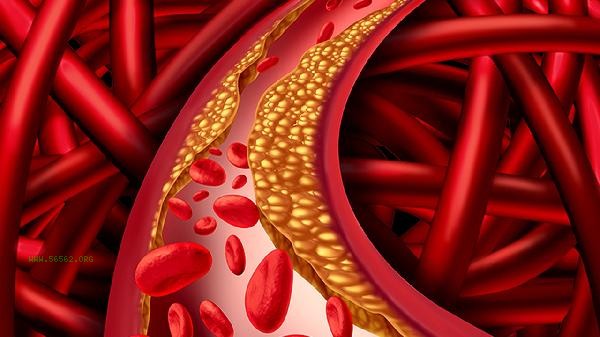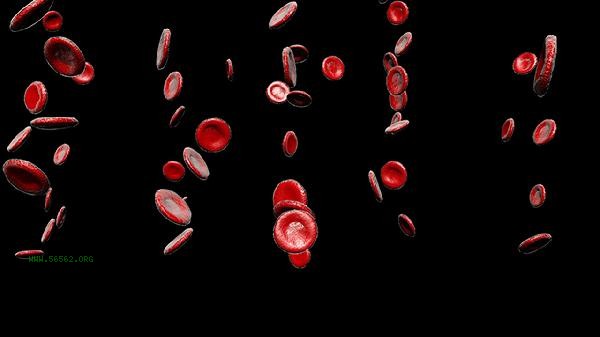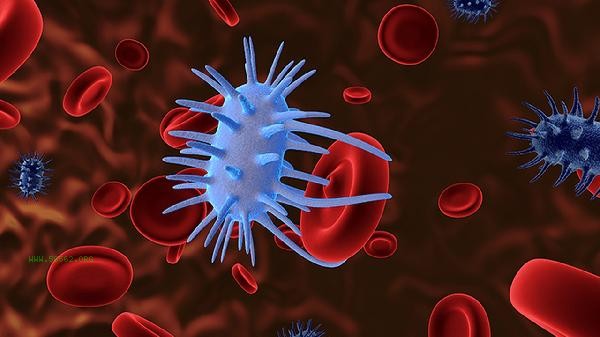The normal value of mean corpuscular hemoglobin concentration (MCHC) is 320-360g/L. The test results are affected by factors such as iron deficiency anemia, hemolytic diseases, hereditary spherocytosis, chronic anemia, and dehydration.

1. Iron deficiency anemia:
Iron deficiency anemia is a common cause of decreased MCHC. Due to insufficient iron, hemoglobin synthesis is affected, and the detection value is often lower than 320g/L. The patient may experience symptoms of hypoxia such as fatigue and dizziness, which need to be diagnosed through serum ferritin testing. The main treatment is oral iron supplements, and potential causes such as gastrointestinal bleeding need to be investigated.
2. Hemolytic diseases:
Autoimmune hemolysis or thalassemia and other diseases can accelerate the destruction of red blood cells, and MCHC may abnormally increase to above 380g/L. Typical manifestations include jaundice and splenomegaly, which require a combination of reticulocyte count and Coombs test for diagnosis. Corticosteroids are commonly used therapeutic drugs, and in severe cases, splenectomy should be considered.
3. Hereditary spherocytosis:

This hereditary red blood cell membrane defect disease can significantly increase MCHC, and premature destruction of red blood cells in the spleen can lead to anemia. Patients often have a family history and are at risk of intermittent jaundice and gallstones. Splenotomy can effectively improve symptoms, but it needs to be evaluated by a specialist.
4. Chronic disease anemia:
Anemia caused by chronic infections, tumors, or autoimmune diseases is usually characterized by normal or mild decrease in MCHC. The interference of inflammatory factors on iron metabolism is the main mechanism, and treatment of the primary disease is needed to improve anemia. The differential feature of these patients is a decrease in transferrin saturation but an increase in ferritin levels.
5. Dehydration state: When severe diarrhea, burns, or other conditions lead to blood concentration, there may be a false increase in MCHC. This situation requires a comprehensive assessment of red blood cell hematocrit and plasma osmotic pressure, and timely fluid replacement to correct electrolyte imbalance can restore normal values.
Daily monitoring of MCHC should pay attention to avoiding vigorous exercise before blood collection, as women's menstrual period may affect the test results. It is recommended that anemic patients increase their intake of iron rich foods such as animal liver and spinach, as vitamin C can promote iron absorption. Individuals with long-term abnormal MCHC should undergo regular blood routine check ups to avoid blind iron supplementation. When elderly people and pregnant women experience fluctuations in indicators, it is recommended to improve the three anemia tests and further examinations such as bone marrow puncture. A comprehensive evaluation of red blood cell parameters such as MCV and RDW should be conducted when MCHC abnormalities are found during physical examination.










Comments (0)
Leave a Comment
No comments yet
Be the first to share your thoughts!